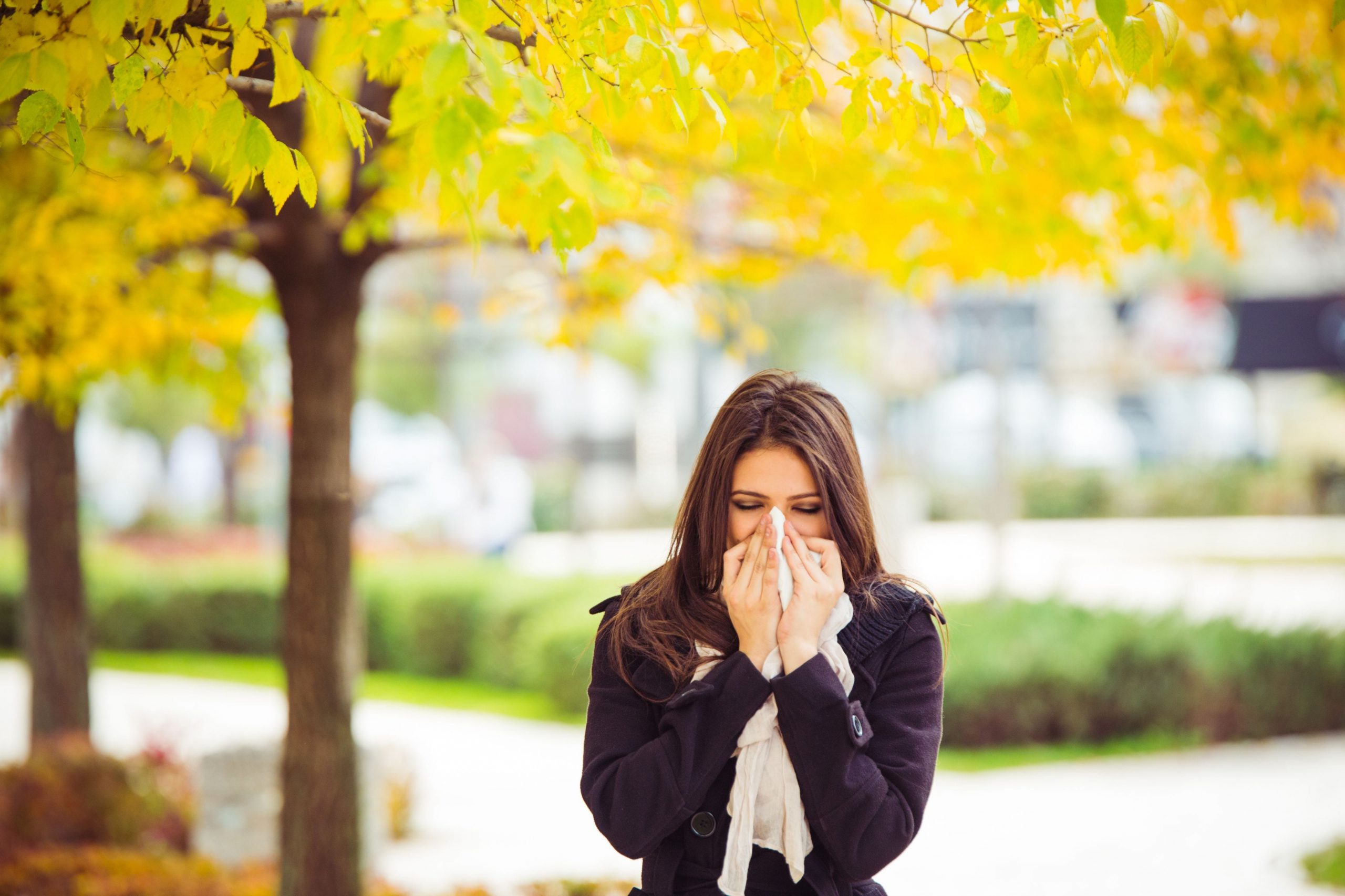Many people with allergies notice that their symptoms are worse during particular times of the year. Whether your allergies are worse in the spring or fall often depends on what specifically you are allergic to.
The major cause of spring allergies is tree pollen as trees start growing once the weather starts warming up. This can start rather early in the Lowcountry and over the past few years tree pollen has begun causing problems as soon as late January to early February. Different tree species will pollinate at different times in the spring and knowing which species you are allergic to and watching the pollen counts on our website and Facebook page can help you know when and why you might be having symptoms. Tree pollen counts are typically highest in the morning and on warm windy days. Pollen counts can be reduced after a rain washes the pollen out of the air. However, the rain may wash the tree pollen away temporarily but often makes the mold counts higher.
Later in the spring, grasses in our region will begin pollinating while some tree species are also still actively pollinating. It’s a beautiful time of year here in the Lowcountry but can be quite the monster for those who suffer from spring pollens.
The classic fall allergy is to weed pollens such as ragweed. In the Lowcountry, however, the pollen seasons are much longer than in many other parts of the country and grass pollen can still be present and problematic into the fall. Additionally, windy days in the fall can make pollen allergies more severe because the light pollen grains can be spread hundreds of miles from the original source.
Another major allergen in the fall can be mold. Molds are present outdoors year-round in the Lowcountry but days of higher humidity levels (which we know we have a lot of here) can make the mold levels higher. Some people complain of worsening allergies after raking leaves in the fall and this is generally due to molds in the decomposing leaves being stirred up in the air. Higher humidity levels can also make dust mite allergies worse.
Another consideration, in regards to children who have worsening allergy symptoms after returning to school in the fall, is that it could be due to exposure to allergens in the classroom such as mold, dust mites, or pet dander being brought in on the clothes of children who have pets at home.
Whether you are suffering more from seasonal spring or fall allergies, we can help! One of our board-certified allergists can help identify the cause of your allergies and work with you to develop the best treatment plan for you so that you can enjoy the wonderful outdoor activities in the Lowcountry no matter the season. If you’d like to learn more about how we can help, make an appointment here.




